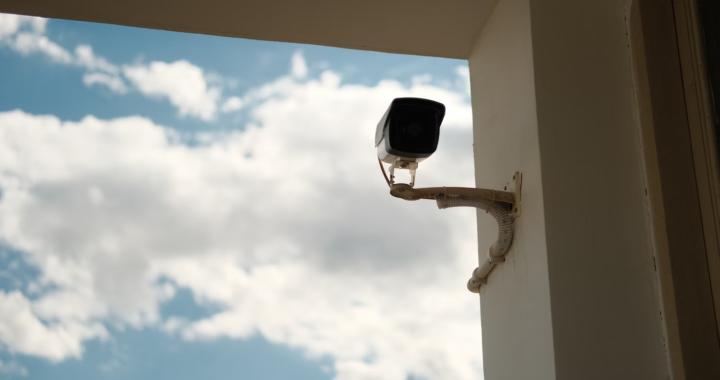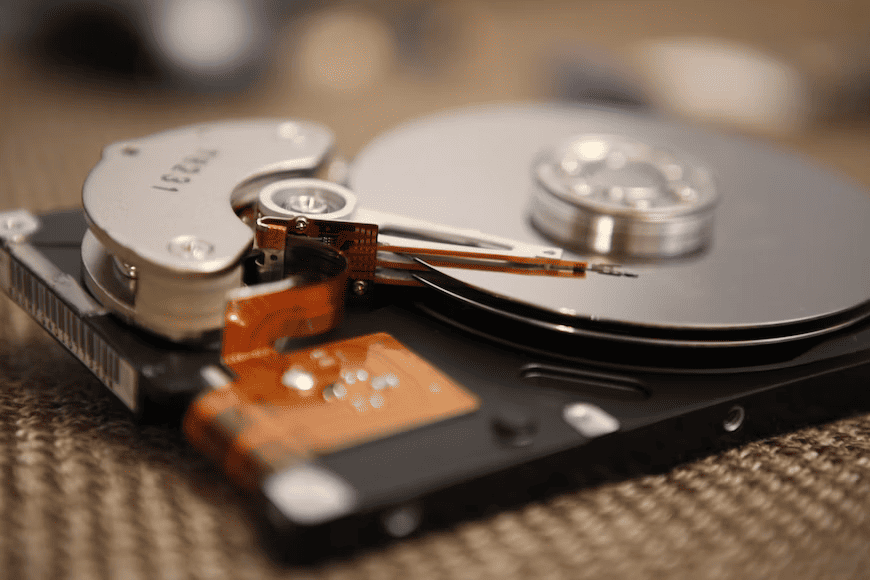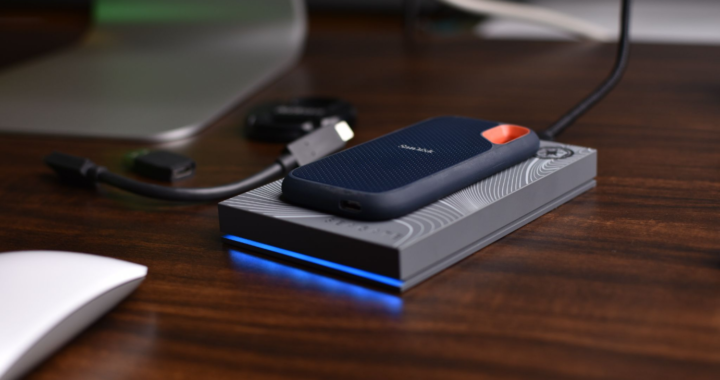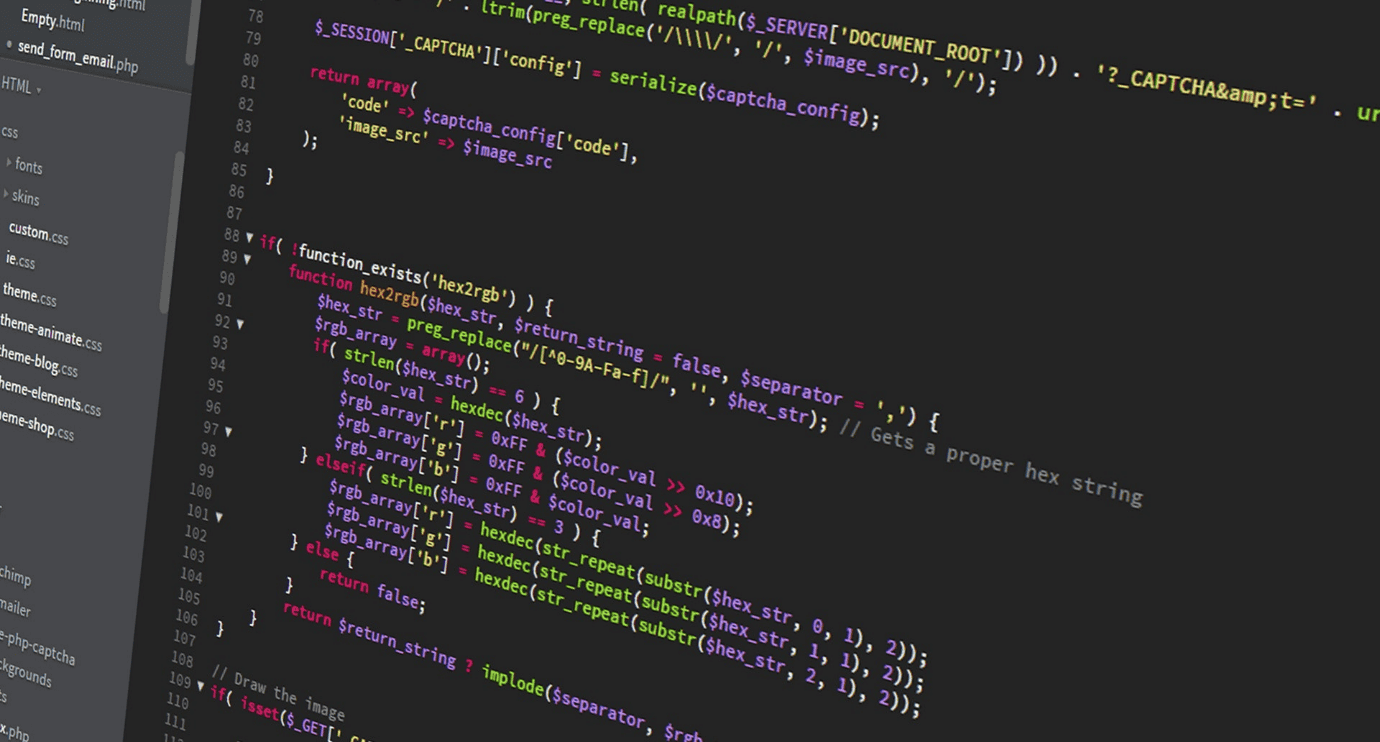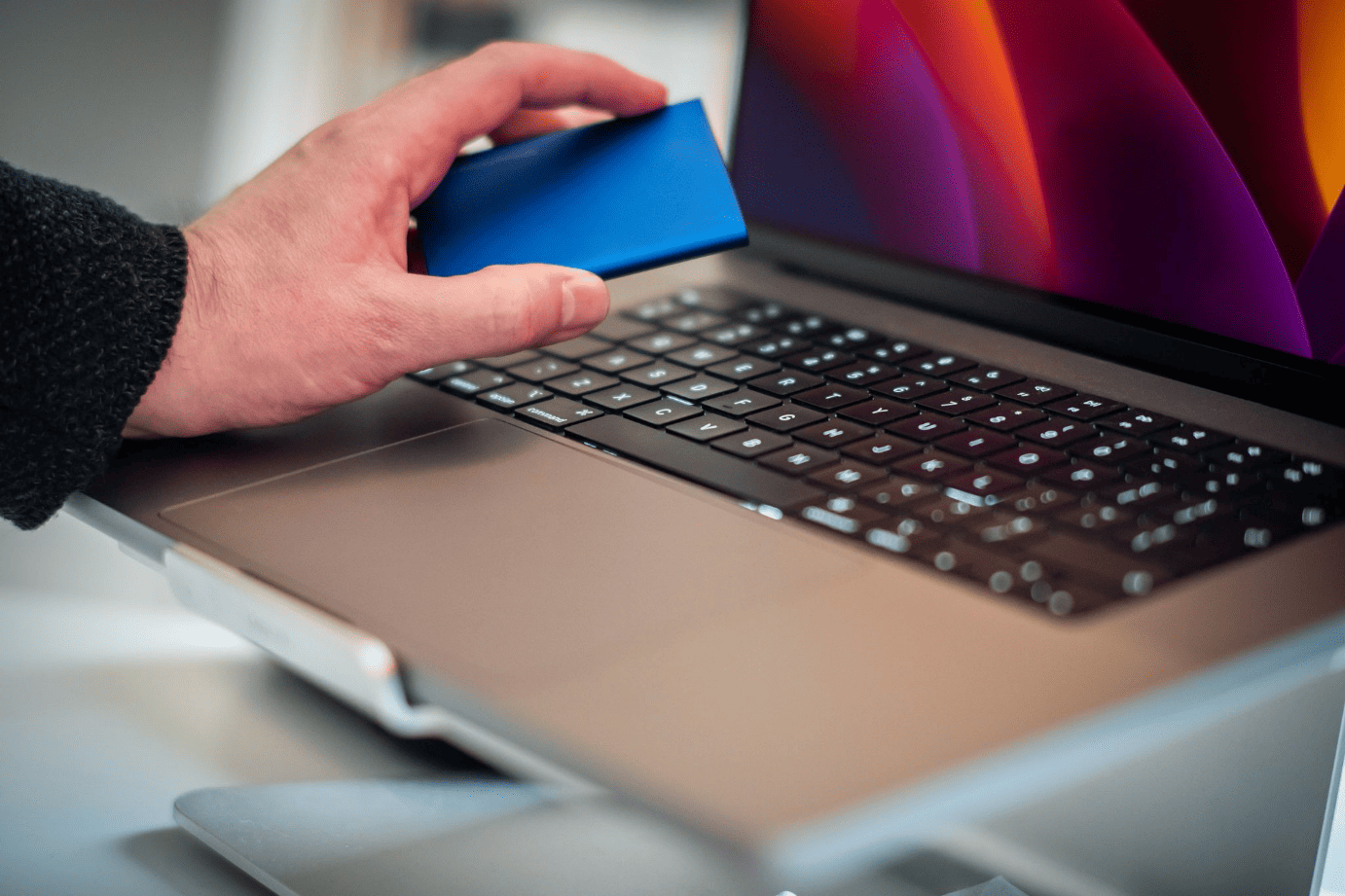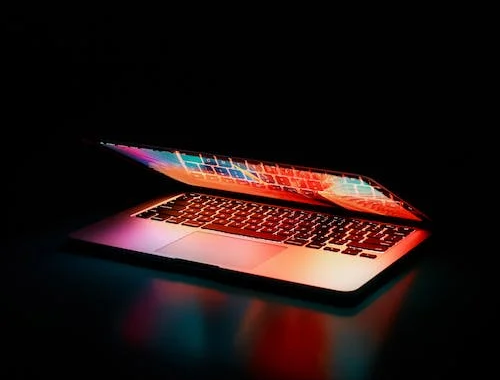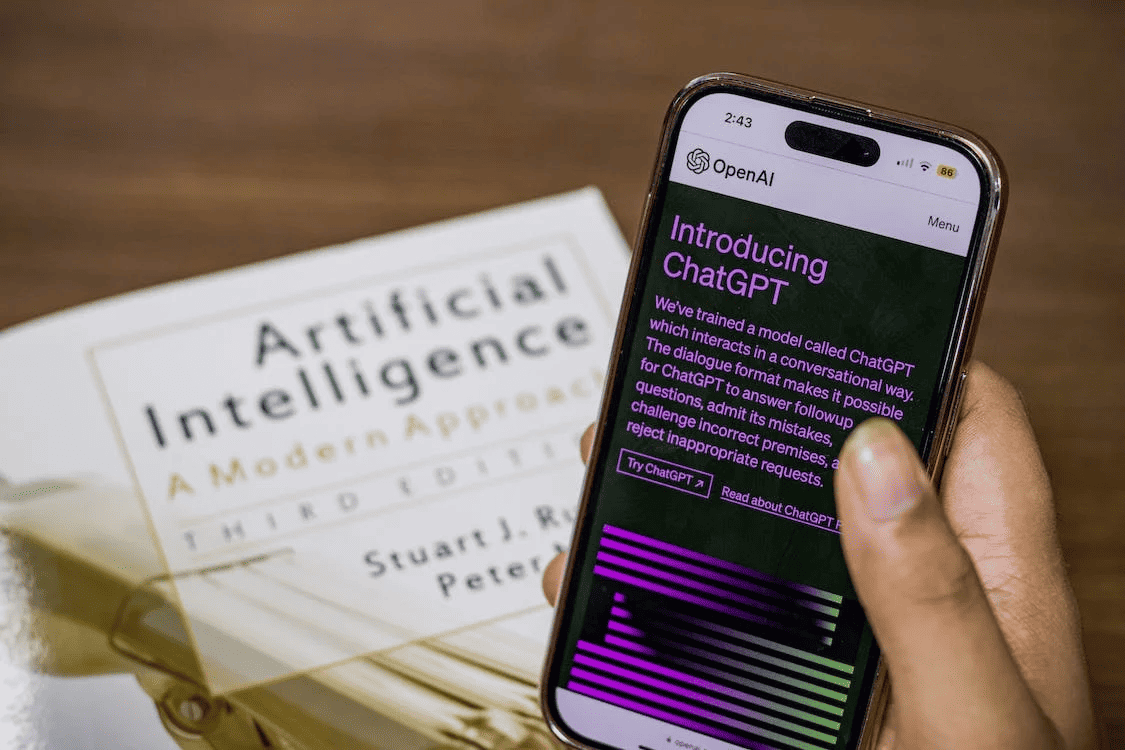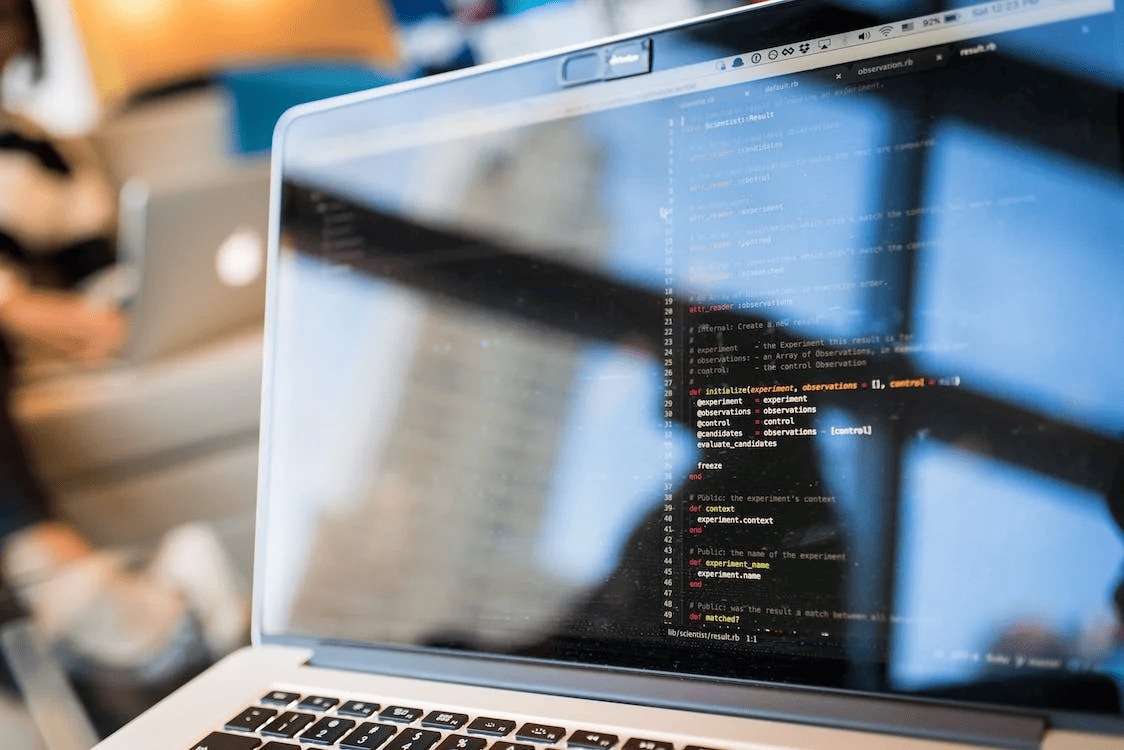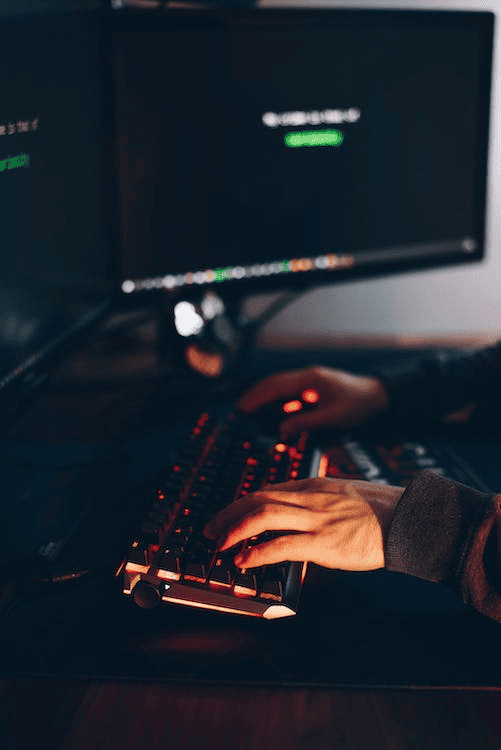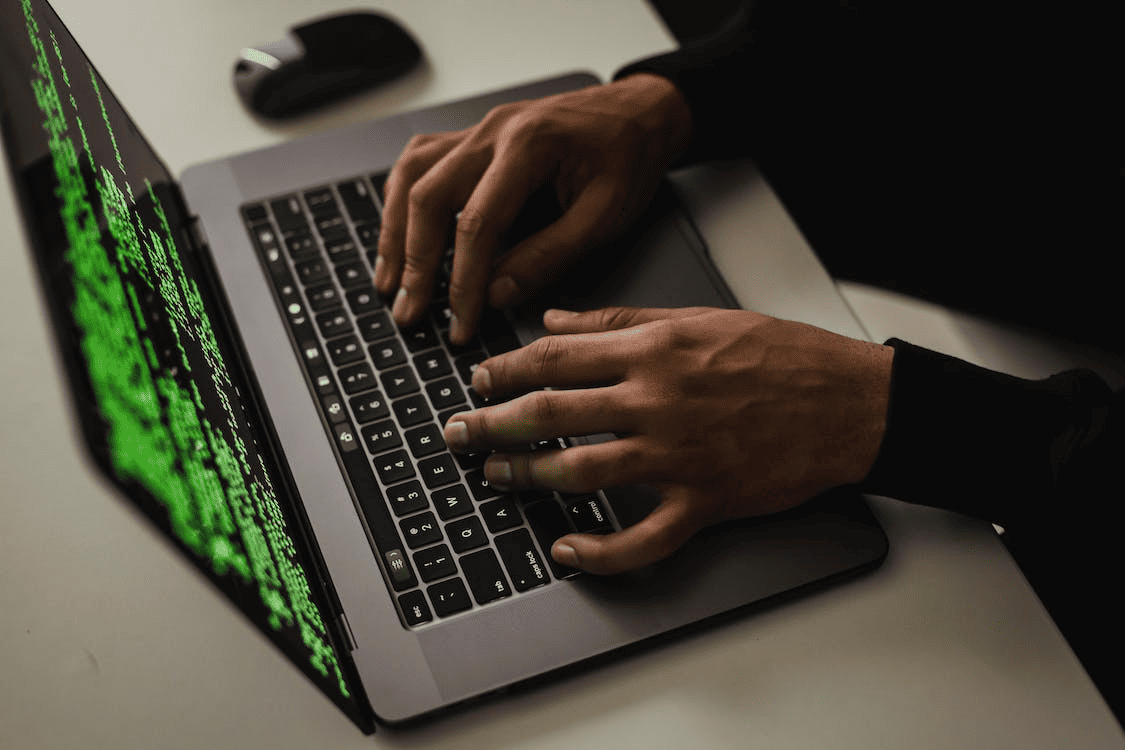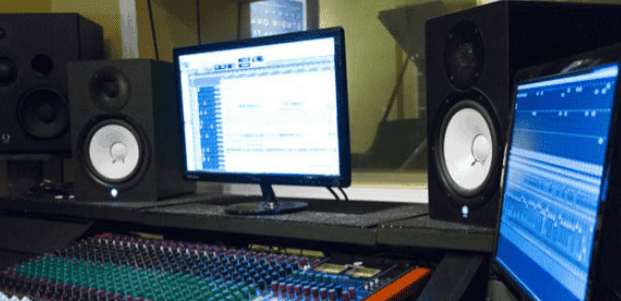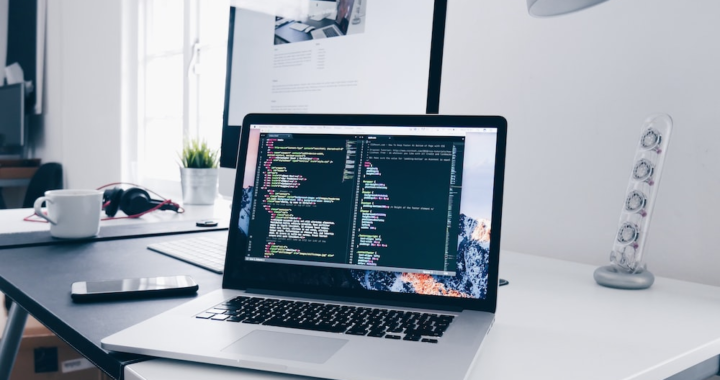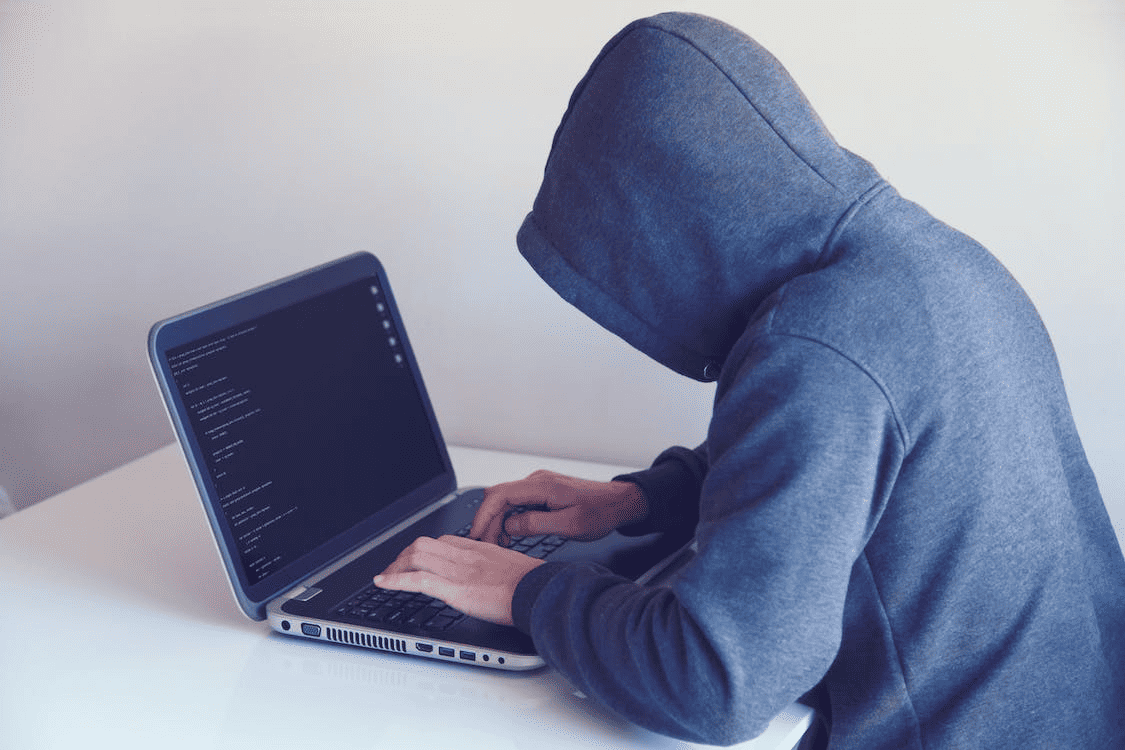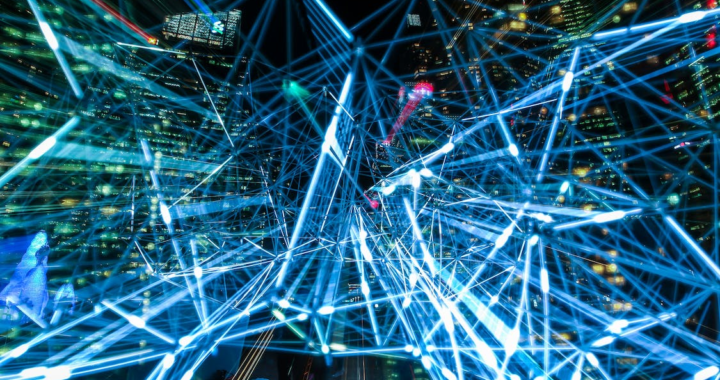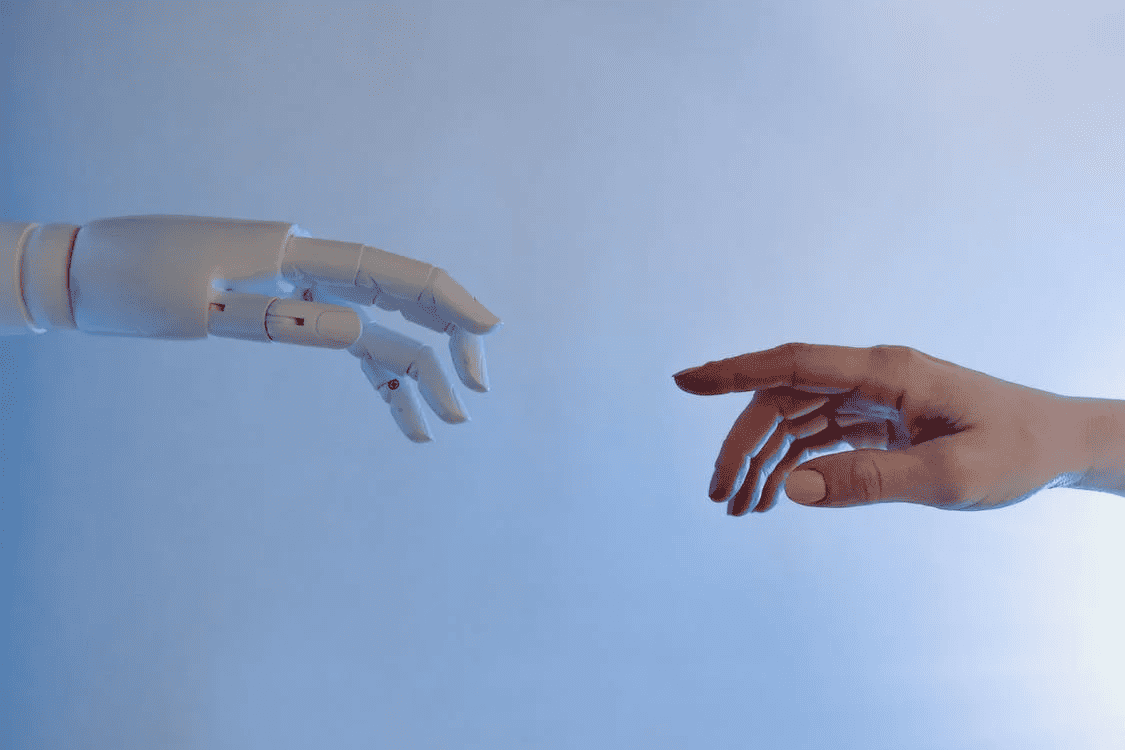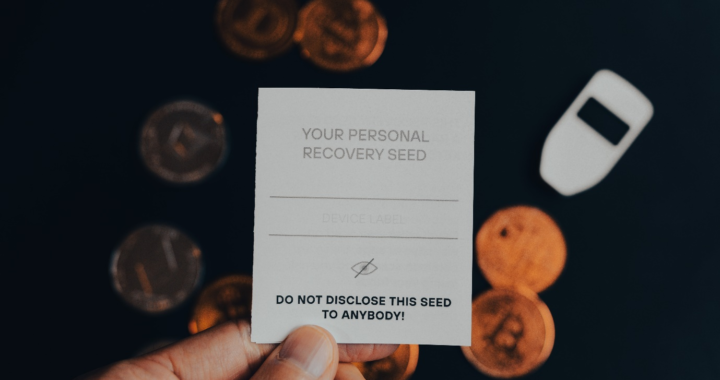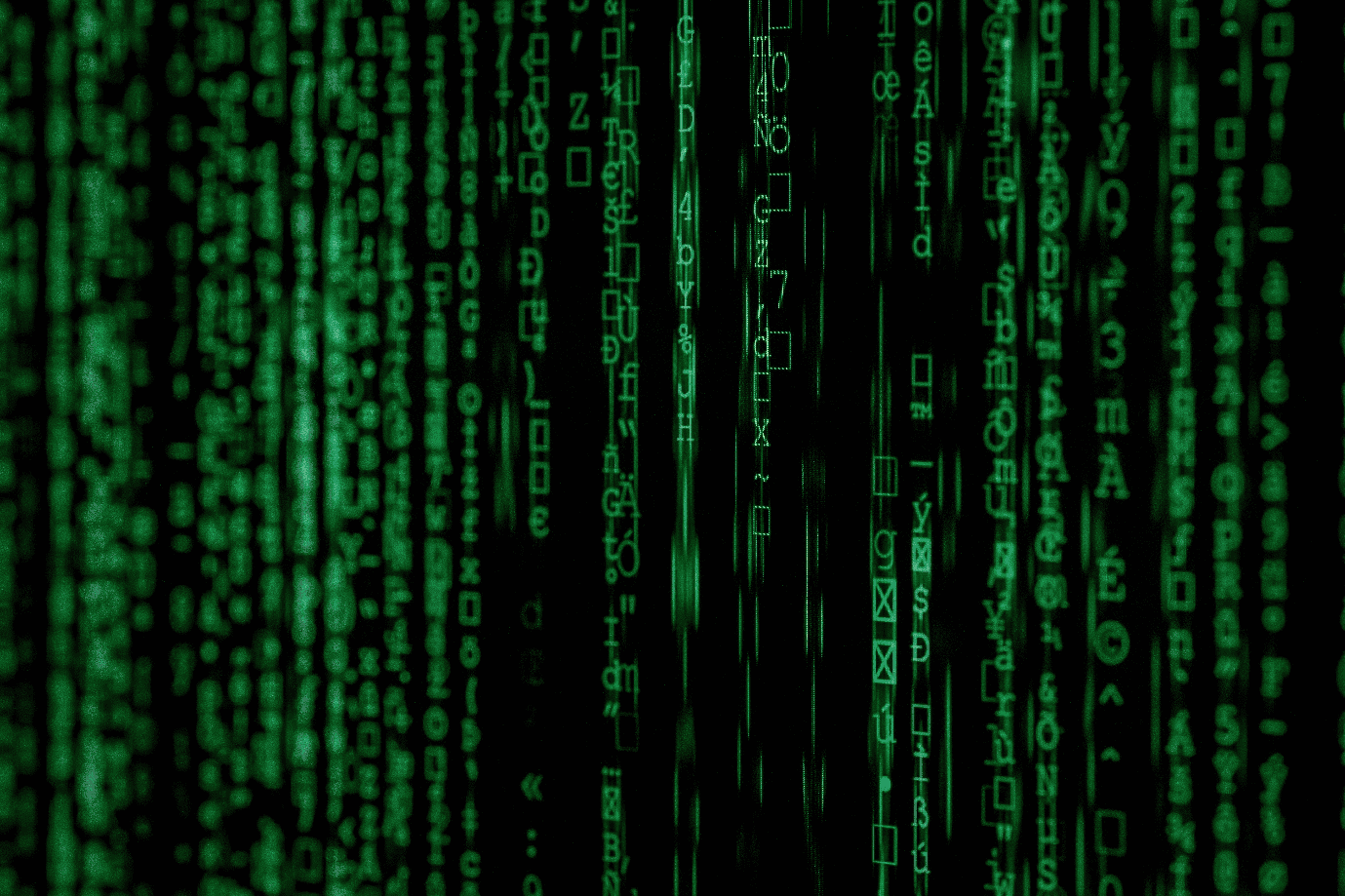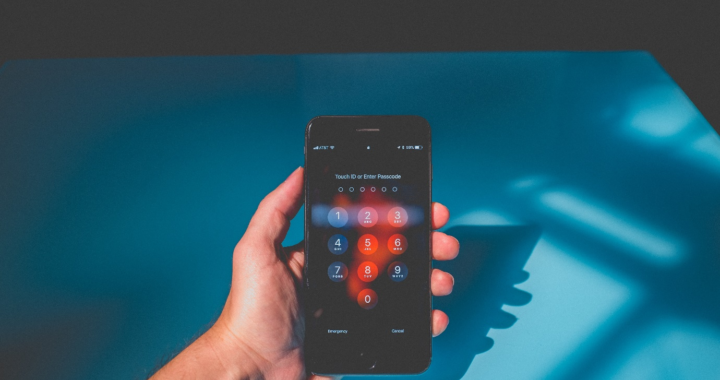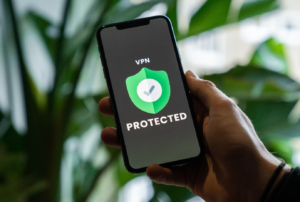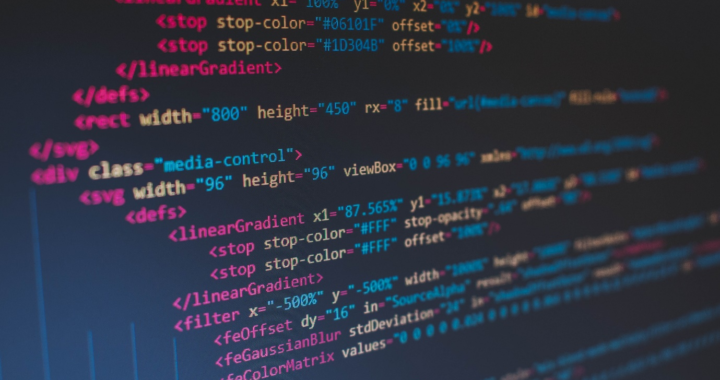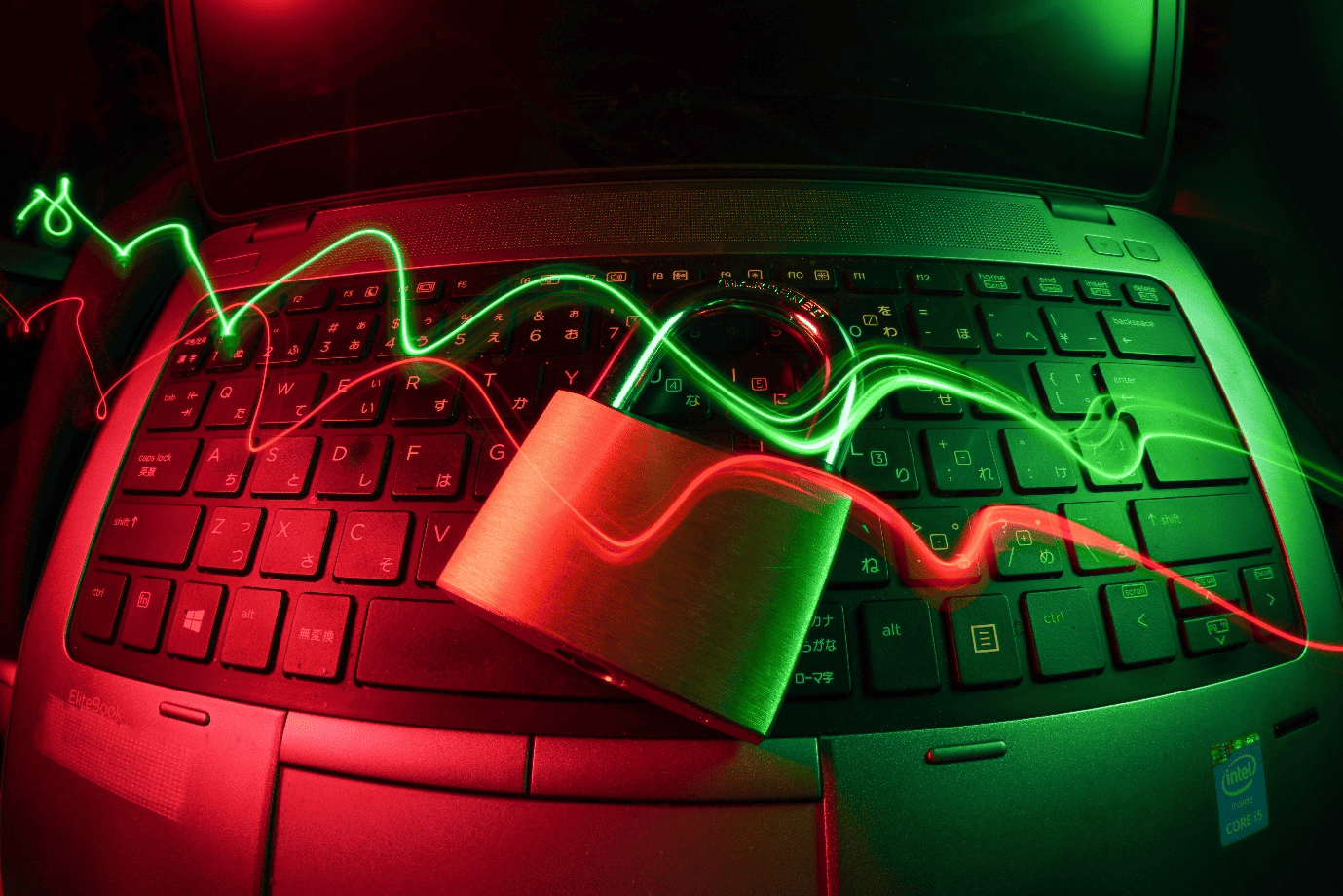In the dynamic terrain of the corporate world, technology has emerged as both a fuel for growth and a harbinger of threats. The digitalization of businesses has undoubtedly fostered efficiency and innovation, but it has also invited an insidious array of cyber risks.
To navigate this landscape safely, organizations are increasingly turning to the one field that has emerged as a corporate guardian – digital forensics, a discipline that stands as a bulwark against the storm of dangerous cyber threats.
Through the expertise of a digital forensic expert, corporate companies are now better equipped to carefully understand, mitigate, and even prevent these threats, fortifying their digital domains against intrusions.
Read on as we explore the crucial role digital forensics plays within the corporate environment, specifically in terms of minimizing risks and mitigating threats.
Understanding Digital Forensics
Digital forensics, sometimes known as cyber forensics, is a specialized domain in cybersecurity that involves the investigation of digital devices and networks to identify, recover, and present potential legal evidence.
The expertise encompasses various realms, including computer, network, mobile, and cloud forensics. In essence, a digital forensic expert acts as a digital detective, unraveling the mysteries behind a cyber incident and ensuring swift and effective responses to cyber threats.
The Multifaceted of a Digital Forensic Expert
In the ever-evolving landscape of cybersecurity, a digital forensic engineer or expert stands as a cornerstone in the corporate sphere. Beyond simply solving the intricate puzzles of cyberattacks, their role extends to a proactive and preventative approach to security.
These highly skilled professionals possess a diverse range of responsibilities that contribute to protecting valuable digital assets and the resilience of organizations. Let’s explore the key facets of their multifaceted role in more detail:
Incident Response: Swiftly Investigating Breaches
When a cyberattack strikes, time is of the essence. A digital forensic expert is adept at rapidly responding to incidents, meticulously investigating the breach to determine its cause and scope.
For starters, these experts leverage their expertise in digital evidence acquisition and preservation to ensure the integrity of the data throughout the investigation process.
By analyzing the cyberattack vectors, identifying the compromised systems, and understanding the tactics employed by threat actors, they gather vital information that aids in formulating an effective response strategy.
Data Recovery: Salvaging Lost Information
Data loss can cripple a business, leading to financial losses, reputational damage, and operational disruptions. In the aftermath of a cyberattack, this expert plays a crucial role in data recovery.
Armed with specialized tools and techniques, a digital forensic expert meticulously examines storage devices, uncovering lost, intentionally deleted, or encrypted data traces.
Through their years of experience in data carving, file system analysis, and data reconstruction, they can often retrieve all the valuable information that would have otherwise been deemed possibly unrecoverable.
Threat Assessment: Identifying Vulnerabilities
Understanding the ever-evolving landscape of cyber threats is paramount to effective defense. Digital forensic experts possess an astute ability to assess and document potential vulnerabilities within an organization’s digital infrastructure.
Through meticulous investigation and analysis, they identify weaknesses, potential attack vectors, and entry points leveraged by cyberattack threat actors.
By comprehending the techniques, tools, and motives behind cyberattacks, a digital forensic expert provides organizations with valuable insights to strengthen their overall security posture.
Advice and Training: Strengthening Defenses
The role of a digital forensic engineer extends beyond incident response and data recovery. They actively contribute to enhancing and educating organizations on cybersecurity best practices.
After analyzing a cyber incident, they offer expert advice on improving security measures, from implementing robust access controls to enhancing network monitoring and detection capabilities.
Additionally, they collaborate with stakeholders to develop incident response plans, ensuring a coordinated response in the face of future threats. Through targeted training sessions, they equip employees with the knowledge and skills to proactively recognize and respond to potential threats.
Digital Forensics in Minimizing Risks
A digital forensic expert offers invaluable services to corporations, one of the significant ones being risk minimization. Carefully analyzing past incidents and potential vulnerabilities allows these experts to predict potential threats and help the corporation develop a preemptive strike or a defensive strategy.
By uncovering patterns in attacks, identifying high-risk areas, and understanding the modus operandi of various threat actors, they can considerably reduce future incidents.
Mitigating Threats with Digital Forensics
Mitigation of cyber threats is another area where digital forensics shines. When an incident occurs, a swift response is necessary to limit the potential damage. This response isn’t just about solving the immediate problem related to a cyberattack but also preventing a similar event from recurring.
Here, a digital forensic engineer provides crucial insights into the cyberattack’s nature and source, enabling the company to respond effectively. The insights gleaned from a forensic analysis can be used to develop a more comprehensive threat mitigation strategy, which can range from strengthening security infrastructure to training staff to recognize and avoid potential threats.
Digital Forensics for Legal and Regulatory Compliance
In a world where privacy regulations and data protection laws are becoming stricter, corporations must ensure their compliance. A digital forensic expert or an engineer can help here too.
By understanding the intricacies of various regulations, they can guide a corporation through the necessary steps for compliance, which is crucial in avoiding potential legal repercussions.
Moreover, if a breach does occur and leads to a legal dispute, the evidence gathered through a digital forensic services provider’s processes can be vital in the legal court. The expert’s role in preserving, retrieving, and analyzing digital evidence could be the determining factor in such crucial cases.
Preemptive Forensics: The Future of Corporate Security
In the ever-evolving cybersecurity landscape, organizations are recognizing the importance of proactive measures in mitigating risks and staying one step ahead of potential threats. Traditional digital forensics has predominantly focused on reactive incident response and post-attack analysis.
However, a paradigm shift is occurring towards preemptive forensics, where organizations proactively identify and address vulnerabilities before they can be exploited.
At the end of the day, this forward-thinking strategy for corporate security can provide substantial benefits in terms of time, resources, and reputation. So, let’s explore the key aspects of preemptive forensics in more detail:
Continuous Security Monitoring
Preemptive forensics involves implementing continuous security monitoring systems that proactively analyze an organization’s digital infrastructure. Through robust monitoring tools and techniques, potential vulnerabilities and suspicious activities are detected in real-time, allowing organizations to promptly address security weaknesses, minimizing the opportunity window for cybercriminals.
Threat Intelligence and Predictive Analytics
To effectively implement preemptive forensics, organizations leverage threat intelligence and predictive analytics.
By aggregating data from various sources, including internal logs, external threat feeds, and security intelligence platforms, organizations gain valuable insights into emerging threats and attack patterns.
Predictive analytics models can then analyze this data to identify potential vulnerabilities and predict future attacks, allowing proactive remediation and prevention.
Penetration Testing and Vulnerability Assessments
Preemptive forensics also involves conducting regular penetration testing and vulnerability assessments. By simulating real-world cyber-attacks, organizations can identify weaknesses in their systems, networks, and applications.
These proactive assessments help to uncover potential entry points for attackers and provide actionable recommendations to strengthen defenses.
Security Awareness Training
In preemptive forensics, proactive measures extend beyond technical aspects to include security awareness training for employees. Organizations conduct regular training sessions to educate employees about potential risks, best practices, and how to recognize and report suspicious activities. By fostering a culture of awareness, organizations can create an additional layer of defense.

Incident Response Planning and Tabletop Exercises
Preemptive forensics involves the development of comprehensive incident response plans and conducting tabletop exercises. These exercises simulate different cyber-attack scenarios, enabling organizations to test their response capabilities and coordination among different teams.
By proactively identifying gaps in their incident response processes, organizations can refine their procedures and ensure a swift and effective response in the event of an actual cyber incident.
Collaboration and Information Sharing
Finally, in the world of preemptive forensics, collaboration and information sharing play a crucial role. Organizations actively engage in sharing threat intelligence, best practices, and lessons learned from past incidents.
This collective effort of collaboration and information sharing helps in the identification of emerging threats and the development of proactive countermeasures.
To conclude, digital forensics is an essential component in the corporate environment for minimizing risks and mitigating threats. With the increasing reliance on digital technologies, businesses face a growing array of cyber risks.
A digital forensic expert or engineer plays a crucial role in swiftly responding to incidents, recovering data, identifying vulnerabilities, and strengthening defenses. By embracing digital forensics, organizations can proactively navigate the cybersecurity landscape.
Take Control of Your Digital Security with Eclipse Forensics
Is your corporation equipped to face the escalating threat of cyber-attacks? At Eclipse Forensics, we offer world-class digital forensic services to protect and prepare your business for the evolving landscape of cyber threats.
Don’t wait for a security breach to dictate your decisions; be proactive and secure your future. Contact Eclipse Forensics today to fortify your corporate defenses.


